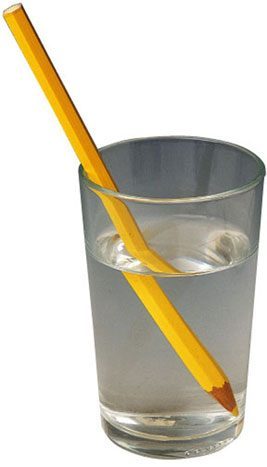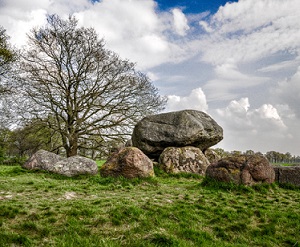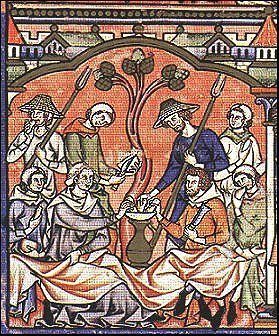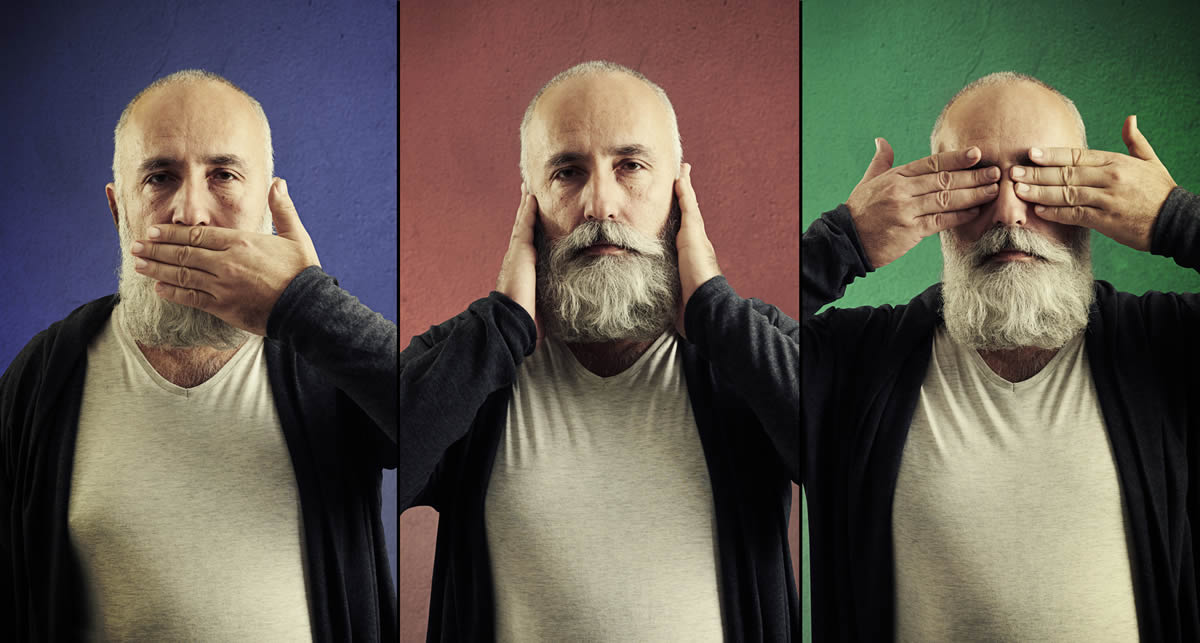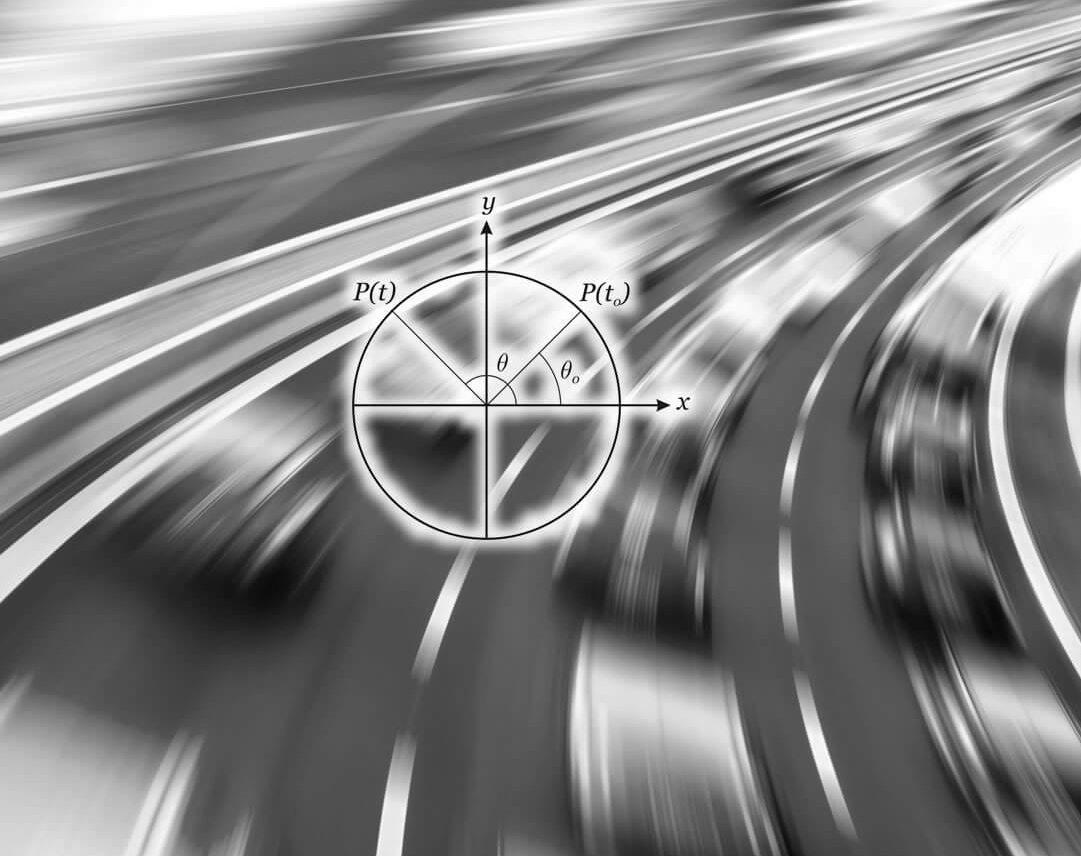Branch of the economy that studies global economic variables
The term macro comes from the Greek language and is used to refer to everything that is characterized by the large size or by the large amount that something shows. Normally it is applied in connection with some science or discipline, such is the case of economics, to name one of the most associated with the word, and then, the disciplines that carry out a macro perspective address the issues by posing their gaze on important extensions of people, groups, territories, variables, among others.
 Thus it is that Macroeconomics is that part, branch of Economics, that deals especially with the analysis of collective or global economic magnitudes, such as national income, employment, unemployment, deflation, savings, consumption, growth, inflation and gross domestic product, among others.
Thus it is that Macroeconomics is that part, branch of Economics, that deals especially with the analysis of collective or global economic magnitudes, such as national income, employment, unemployment, deflation, savings, consumption, growth, inflation and gross domestic product, among others.
Macroeconomics is not interested in studying the singular and particular agents that intervene in the economic processes of a given place, because the intervention of microeconomics corresponds to this, whereas what it does do is a study at a global and general level with the intention to determine economic measures in that sense and with that scope. In any case, we must emphasize that both micro and macroeconomics influence each other.
Thrive for the past century
Always, the analysis carried out by macroeconomics will be from a systemic perspective, analyzing and observing all the variables linked to each other. Starting in the last century, macroeconomics began to take off in economic consideration and became a relevant aspect. They were negative events on the economic plane, such as the crisis called the Great Depression, in the United States, which prompted the need to develop a more global vision of the market that better explained the phenomena that were happening and that from the micro position they could neither be understood nor combated.
Fundamental policy tool to guide its management and resources
Therefore, it is then that macroeconomics studies the total amount of goods and services that are produced in a given territory, in addition to being used many times by political management as the main tool because it allows discovering how to allocate resources, especially those scarce, in order to promote economic growth and thus improve the well-being of the population. It is common, then, to use macroeconomics to make a country's economy grow, to achieve stability in the prices of goods and services, to find work and to obtain a sustainable balance of payments.
Macroeconomic studies are always carried out at a national level, for example, economic phenomena that occur in a given territory are studied and analyzed, taking into account the relationships that internal actors maintain among themselves and also with the outside.
Relationships are studied based on models
Due to the multiplicity and complexity of economic relationships, macroeconomic models are used to facilitate the study, while these models are always based on simplifying assumptions in order to study, in broad strokes, what is happening with the different economic variants involved when changes occur in the economic environment under study. According to the assumptions that are made, the relationships that will be considered, the type of effects that the relationships transmit and how that transmission is manifested is that the types of models will be obtained.
Understand variable business cycles
A very important part of macroeconomics involves the understanding of business cycles, because we must know that national and global economies go through cycles, stages of growth that reach a climax and then give way to a decrease and thus alternate.
However, these cycles can certainly be critical in some contexts, obviously when economic decline occurs and generate significant social conflicts in the country: loss of confidence, capital, unemployment, inflation, among the most common evils.
The task and the responsibility of the macroeconomy will be to know how to reduce these impacts, but of course, skilled actors must be found in the matter who know how to handle them, a situation that often does not happen and ends up generating even more complications.
Microeconomics studies individual agents
On the other hand, Microeconomics turns out to be the concept and the part of the economy that is put to macroeconomics, being that it is dedicated and deals with the study of the economic behavior presented by individual agents, such as consumers, companies, workers, among others.

